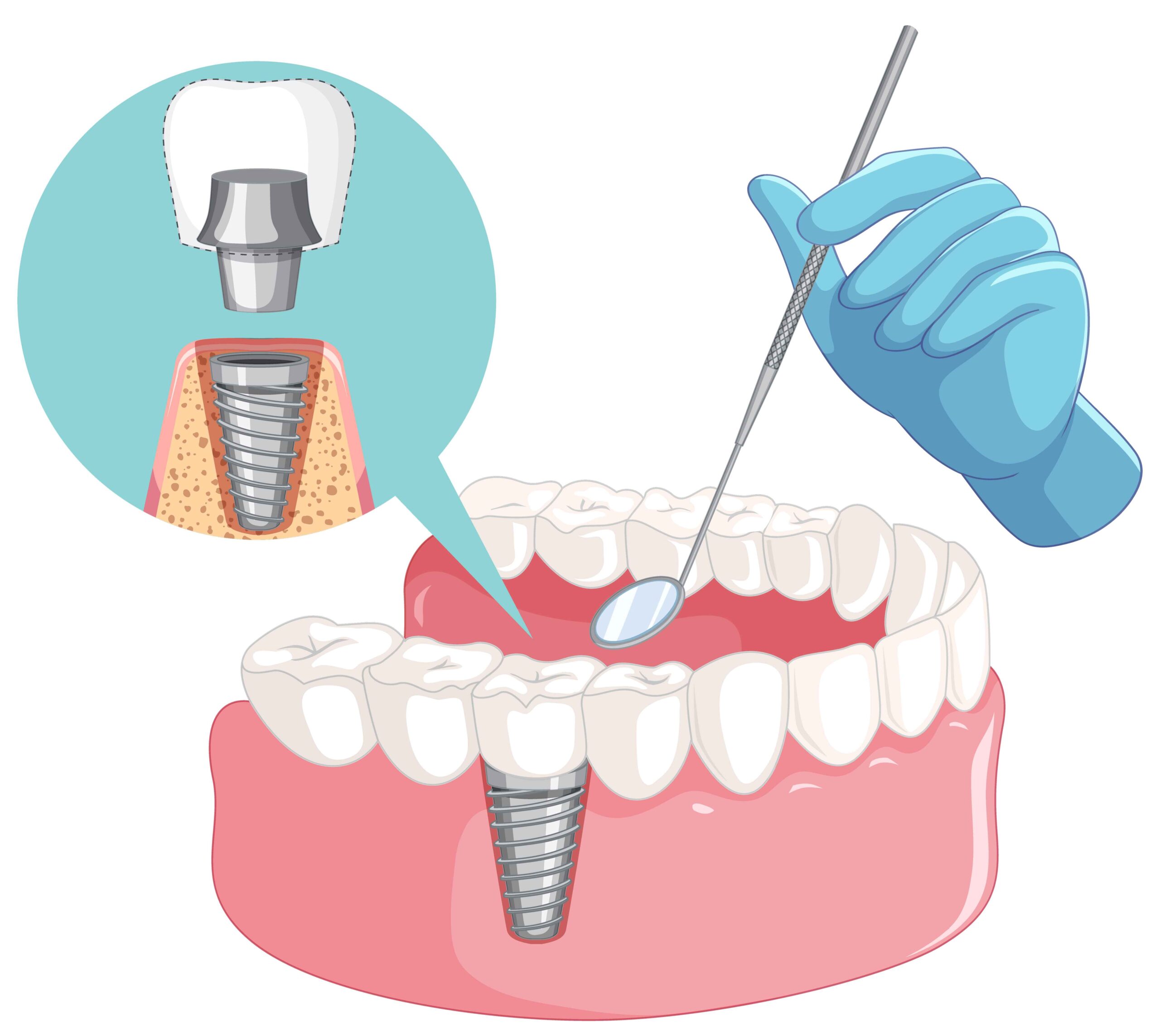If you have been told you need a tooth removed, it is natural to feel a little nervous. Many people in Oshawa face the same situation each year, whether it’s because of a painful wisdom tooth, a badly decayed tooth, or crowding in the mouth. Learning more about tooth extractions in Oshawa can help you feel prepared and less anxious before your visit.
When Do You Need a Tooth Removed?
Dentists recommend removing a tooth only when it is the best choice for your oral health. Some of the most common situations include:
- Severe tooth decay – when a filling or root canal cannot save the tooth.
- Infection – if the infection has reached the root or spread to the bone.
- Crowded teeth – sometimes a tooth needs to be removed to make room for braces.
- Gum disease – loose teeth from advanced gum disease may require removal.
- Impacted wisdom teeth – wisdom teeth that don’t come out properly can cause pain and infection.
Different Types of Extractions
Not all extractions are the same. The method your dentist uses depends on the condition of your tooth.
- Simple extraction – used when the tooth is visible and easy to remove. The dentist loosens it with a tool and gently pulls it out.
- Surgical extraction – used when the tooth is broken, stuck under the gums, or impacted. A small cut in the gum may be needed to take the tooth out.
What Happens During the Appointment?
Knowing the steps can help you feel calmer before your visit.
- Examination and X-ray – the dentist checks your mouth and takes an X-ray to plan the extraction.
- Numbing the area – local anesthesia is given so you don’t feel pain, only slight pressure.
- Tooth removal – for simple cases, the tooth is loosened and removed. For surgical cases, a small opening in the gum may be made.
- Cleaning the site – the dentist cleans the area to prevent infection.
- Closing the gum (if needed) – sometimes stitches are placed to help healing.
How to Prepare for Your Visit
A little preparation can make your appointment smoother. Here are a few tips:
- Tell your dentist about any health problems and medicines you take.
- Eat a light meal if you will be under local anesthesia.
- Arrange for someone to drive you home if you are getting sedation.
- Wear comfortable clothes and avoid wearing heavy jewelry or makeup.
Recovery After a Tooth Removal
The healing process is just as important as the procedure itself. Most people recover in a few days to a week.
What to Expect After the Procedure
- Some swelling and mild discomfort for a few days.
- A blood clot forming in the empty socket. This is part of natural healing.
- Stitches, if used, may dissolve on their own in a week.
Tips for Faster Healing
- Bite gently on the gauze to stop bleeding.
- Use an ice pack for the first 24 hours to reduce swelling.
- Rest and avoid heavy activity for a day.
- Eat soft foods like yogurt, soup, or mashed potatoes.
- Rinse your mouth gently with salt water after 24 hours.
- Avoid smoking, alcohol, and using a straw, as these can disturb the healing area.
Common Concerns Patients Have
It is normal to have questions before a dental extraction. Here are some of the concerns people often share:
- Will it hurt?
With anesthesia, you should not feel pain during the procedure. You may feel pressure, but it won’t be sharp pain. Some soreness afterward is normal, but pain medicine helps.
- How long does it take?
A simple extraction may take only 20–30 minutes. Surgical extractions may take a little longer.
- What about dry socket?
This happens if the blood clot comes out too soon. It can be painful, but it is rare and treatable by your dentist.
- When can I go back to work or school?
Many people feel ready the next day, but if stitches or sedation were involved, you may need a bit more rest.
How to Choose a Dental Clinic for Extractions
Your comfort and safety depend on picking the right clinic. Look for:
- Experienced dentists with training in extractions and surgical procedures.
- Clear explanations about the process and aftercare.
- Options for sedation if you feel anxious.
- Good reviews from other patients in Oshawa.
Take the Next Step
If your dentist has suggested a tooth removal, remember that the procedure is very common and done safely every day. Being informed about the process helps you feel more confident and ready. Whether it’s a simple extraction or a more complex surgical one, modern dentistry makes the experience much easier than many expect.
If you are looking for safe and gentle care, clinics like Groot Dental provide experienced dentists and a comfortable setting for patients.
When you are ready for your appointment, you can move forward knowing that tooth extractions in Oshawa are handled with care and attention to your comfort.




